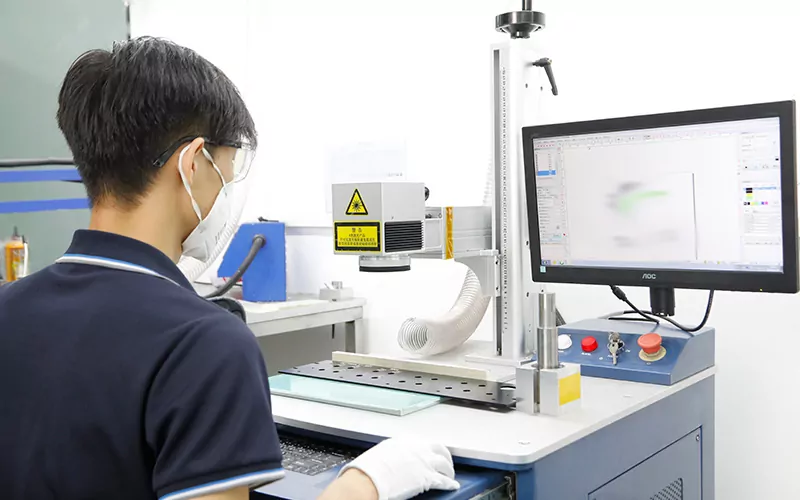Enhancing Quality Control through CNC Manufacturing Techniques
Body
When it comes to manufacturing, quality control is of utmost importance. With the advancement of technology, CNC (Computer Numerical Control) manufacturing techniques have revolutionized the way products are produced. In this article, we will delve into the various ways CNC manufacturing techniques can enhance quality control in the manufacturing process.

The Role of CNC Manufacturing in Quality Control
CNC manufacturing plays a crucial role in ensuring quality control in the production of parts and components. By utilizing computer-controlled machines, manufacturers can achieve a high level of precision and accuracy in their products. This level of control is essential in industries such as aerospace, automotive, and medical, where even the slightest deviation from specifications can have serious consequences.
Utilizing Advanced CAD/CAM Software
One of the key ways CNC manufacturing enhances quality control is through the use of advanced CAD/CAM (Computer-Aided Design/Computer-Aided Manufacturing) software. This software allows manufacturers to create detailed 3D models of the parts they intend to produce and generate toolpaths for the CNC machines. By simulating the entire manufacturing process virtually, any potential issues or errors can be identified and rectified before the actual production begins, ensuring that the final product meets the desired specifications.
Implementing In-Process Inspection
Another way CNC manufacturing techniques enhance quality control is through in-process inspection. CNC machines can be equipped with advanced measurement systems that allow for real-time monitoring of the manufacturing process. This means that measurements can be taken at various stages of production to ensure that the parts being produced are within the specified tolerances. Any deviations can be immediately addressed, minimizing the production of non-conforming parts and reducing waste.
Adopting Automated Tool Monitoring
Automated tool monitoring is another aspect of CNC manufacturing that contributes to enhanced quality control. By utilizing sensors and monitoring systems, CNC machines can detect tool wear, breakage, or other issues that may affect the quality of the parts being produced. This proactive approach allows for the timely replacement of tools, ensuring that the manufacturing process continues without compromising on the quality of the final product.
Conclusion
Enhancing quality control through cnc manufacturing techniques is essential for meeting the stringent demands of modern industries. By leveraging advanced CAD/CAM software, implementing in-process inspection, and adopting automated tool monitoring, manufacturers can ensure that the parts and components they produce meet the highest standards of quality. As technology continues to advance, CNC manufacturing will undoubtedly play an even more significant role in enhancing quality control in the manufacturing industry.









Comments